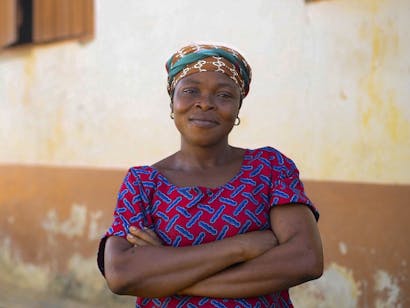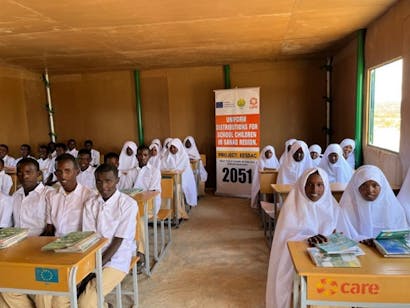Empowered Women and Youth

The impact of women’s empowerment
- Capacity strengthening activities implemented by EVC for women and youth varied by country and by group though they often included training and information on political rights and responsibilities, planning, communication, leadership, literacy, lobby and advocacy, networking, women’s rights (as well as specifically from an Islamic perspective), gender-based violence, public speaking, political participation, social accountability.
- Savings groups (i.e., village savings and loans associations, artisan groups) were a key approach toward greater women’s economic and social empowerment in Burundi, Pakistan, and Sudan. Women took on leadership roles within the savings groups, resulting in increased confidence to speak out, be heard in their communities and even challenge social and cultural norms. With greater awareness of their rights and options for redress when rights are violated, women and girls were better able to claim their rights on issues critical to them.
- Lack of education and illiteracy are key barriers to public participation and even participation in community groups. Therefore, trainings in literacy especially were significant not only in women’s ability to engage productively in their groups, but also to lead women toward taking more active roles in their communities.
Read the story ‘The Women that Became Chief’ about Sylvie Twagirayezu


